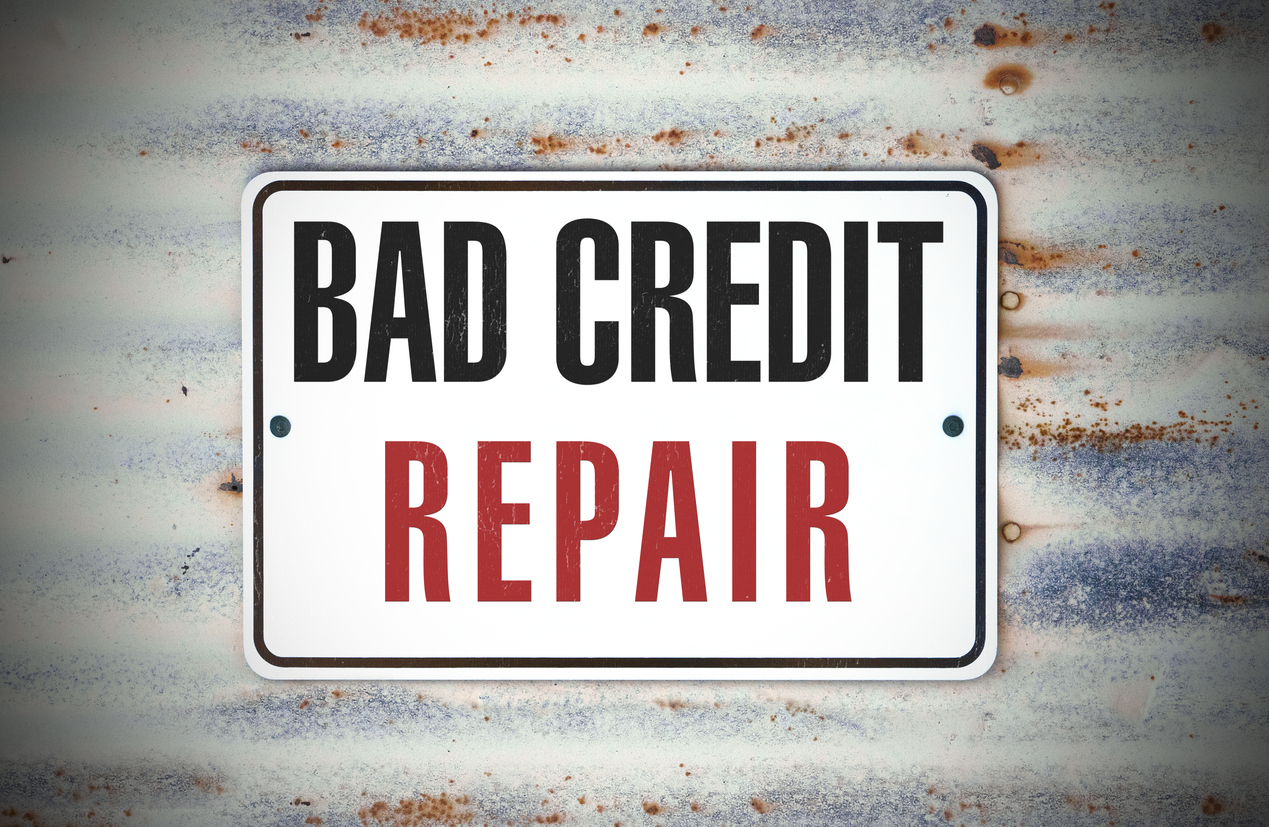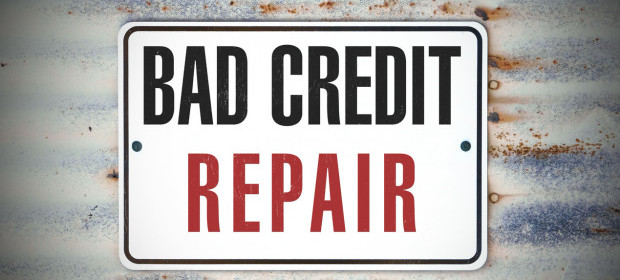You might have seen TV or newspaper advertisements from companies claiming to be able to “repair your credit report” or “fix your credit history”.
It may sound like a good idea to pay someone to fix your credit history, however you should be wary of any organization that promises to do these things for several reasons.
To begin with, these companies often charge fees for services that people can do themselves, for free.
Errors in your credit report can be fixed for free
If there are any errors in your credit report, you can get them fixed at no cost to yourself.
You can get a free copy of your credit report from each credit reporting body once a year. If there is something incorrect in there, you have a legal right to have it corrected, promptly, for free.
If you feel you cannot deal with the correction request on your own, you can make an appointment with a financial counselling service or community legal center, who can help you through the process, also at no cost. If you have not had success in speaking directly to your credit provider or the credit reporting body, you can also contact their ombudsman service – these are independent bodies who investigate complaints for free.
Credit repairers claims can be misleading
Beyond taking money for services that can be obtained somewhere else for free, a lot of the claims made by credit repair companies are downright false.
These companies often claim they can remove defaults from your credit report. This might sound very enticing for anyone who has had a credit card or home loan application rejected because of negative information on their credit report.
The truth is that in most cases, nobody can remove information that is correct from a credit report.
If you’ve defaulted on a loan and had a default listed on your credit report the law is that it stays on your credit record for a five-year period, and there is nothing a credit repair company can do about that.
Of course, if the default listing is a mistake or the credit provider didn’t follow the proper process before reporting the default – if they didn’t send you the required written warnings before listing - you can request a correction. Plus, if you’ve paid the default after it was listed, the credit provider must update your credit report – if they haven’t, you can get it updated (but the default will stay on your report).
Again, the correction process is free, and you can be either do it yourself or, if you need help, access free services such as a financial counselling service or community legal center.
Unfortunately, there are a lot of companies that prey on people looking for help. In April, the Federal Court ordered a credit repair business, Malouf Group Enterprises and its director to pay $1.7 million for false and misleading conduct after the Australian Securities and Investments Commission took action against the business. Malouf Group was offering to “clean up” consumers’ credit history by removing negative listings – which ASIC alleged misrepresented the services actually provided.
Costs are often high
Credit repair firms often charge both an upfront fee, plus more fees for each successful ‘correction’ made. This can run into thousands of dollars – even where the firm hasn’t done anything to improve your credit report. Some firms even charge almost $1,000 just to cancel the agreement.
Also, be careful of any ‘money back’ guarantees, which sometimes come with lots of fine print and don’t really guarantee much.
You can improve your credit record over time
If you do have negative information on your credit report, there is no quick fix – however there are things you can do to improve your credit health.
If you can pay off a default listed on your credit report, the default will be updated, and your credit score should go up as a result, even though the default will stay on your credit report for 5 years.
You can also improve your credit report over time by making on-time repayments on your other credit cards or loans. Recent changes to the credit reporting system in Australia mean that if you regularly make repayments on time, that will now be recorded in your credit history. So even if you have had a default in the past, lenders will be able to see that you are now managing your loans.
Of course, the best way to avoid a poor credit history is to stay on top of your debts. If you find yourself having difficulty keeping up with your debt repayments, talk to your credit provider. They may be able to help you get back on top of things.


